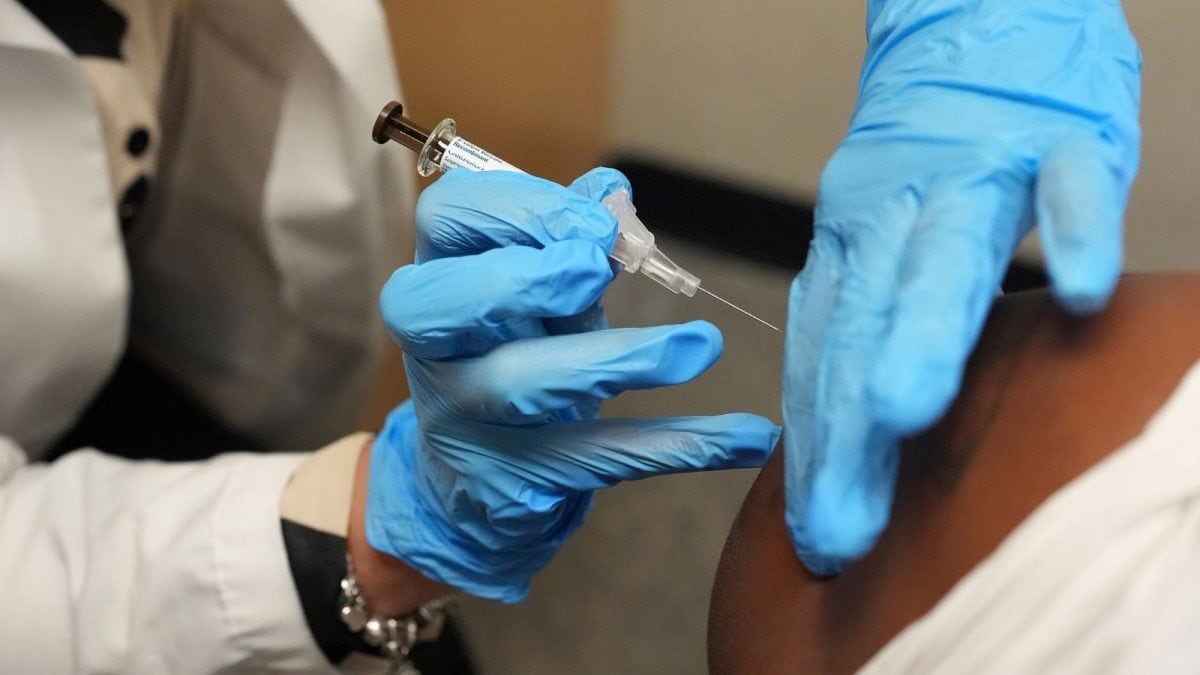
The recent study published in BMJ Medicine reveals a troubling connection between maternal deaths and children’s social care involvement in the UK. Conducted by researchers from Oxford University and the charity Birth Companions, the study highlights systemic failures in the coordination of care for pregnant women, particularly those with a history of trauma and abuse. The findings underscore the urgent need for reform in how health and social services interact with these vulnerable populations.
According to the study, which analyzed national surveillance data from 2014 to 2022, a significant number of women with social care involvement died within a year of pregnancy. Out of 1,695 women who died, 420 were in contact with children’s social care. The research points to an overwhelming number of appointments and a lack of coordinated care, which often exacerbated the challenges these women faced.
Complex Care and Systemic Failures
The study’s confidential care review of 47 anonymized cases revealed that many women were subjected to more than thirty different appointments during their pregnancy. This uncoordinated involvement from various services, including maternity, mental health, and children’s social care, often focused solely on the infant’s safety, neglecting the mother’s needs.
Many of the women who died had histories of abuse and mental health issues. The report found that two-thirds of women with social care involvement reported domestic abuse before or during pregnancy, compared to just 3% of those without such involvement. Moreover, one in three women with social care involvement disclosed childhood abuse, compared to 2% without.
Statistics and Trends
Three-quarters of mothers known to social services died between six weeks and a year after pregnancy, with 20% due to suicide, 30% from other psychiatric causes including drug-related deaths, and 5% from homicide.
The study also highlights a growing issue with newborns in care proceedings in England, with 2,914 cases in 2019/20, marking a 20% increase over seven years. Children under one year old now constitute over a quarter of all children in care proceedings.
Calls for Reform and Expert Opinions
Naomi Delap, Director at Birth Companions, emphasized the need for better care for women involved with Children’s Social Care. She stated, “This study highlights the acute need for better care for women with Children’s Social Care involvement, and the significant barriers that get in the way of providing that care.”
Delap announced that Birth Companions is launching a project to co-design a national care pathway aimed at delivering consistent, compassionate support for these women. “This work holds the potential to transform care, break cycles of harm, and help ensure fewer mothers lose their lives in such tragic circumstances,” she added.
“What the analysis tells us is that these women come from backgrounds of trauma and abuse,” said Kaat de Backer, a researcher involved in the study. “Too often, the professionals the women are in touch with don’t work together to provide holistic care, which increases the pressure on a mother.”
Implications and Future Directions
The report calls for urgent changes to practice, clinical guidance, and policy to prioritize mothers with social care involvement during pregnancy and early motherhood. Dr. Nicola Vousden from Oxford Population Health’s National Perinatal Epidemiology Unit emphasized the need for integrated care pathways across maternity, social care, and community health partners.
“We’ve identified practical changes that are required within maternity care,” Dr. Vousden stated. “We also need joined-up pathways of care across maternity, social care, and community health partners to support the needs of women with children’s social involvement, including domestic abuse, substance misuse, and mental health.”
A Personal Story: Tia’s Experience
Tia, a 33-year-old mother, shared her personal experience with the system. After losing her first two children to care due to an abusive relationship, she fought to keep her third child during her subsequent pregnancy. Despite being initially told she would lose her baby, social services eventually signed her off. However, Tia has never regained custody of her older children.
“Losing my children broke me. I did everything they asked when I was pregnant again, and I kept my third child – but the trauma hasn’t gone away,” Tia said. “I want to use what I’ve been through to help other mums feel less alone, and to show that things can be done differently, with compassion and care.”
The study’s findings and personal stories like Tia’s highlight the need for systemic change to better support vulnerable mothers. As the conversation around maternal health and social care continues, stakeholders are urged to collaborate on creating more effective and compassionate care models.







